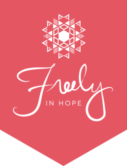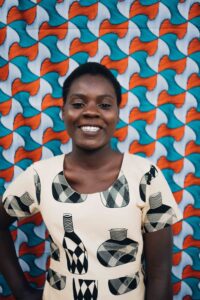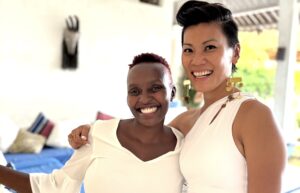Healing Suicide
Experiencing sexual violence made me hate myself. Self-worth and self-esteem was non existent because I felt that I lost my dignity. As an attempt to regain my dignity, I sought justice by taking the perpetrator to court. My case ran for 6 years and the results did not end up in my favor. The perpetrator ran free and did not have to face the law. I blamed myself for what happened to me and losing the case caused me to want to take my life. I felt like the only option remaining was to die so that all the pain would be over. I remember trying to swallow poison to end my life but my mother found me before I could.

Thoughts of suicide often occur with survivors because of loss of hope and self-esteem. Survivor’s often feel like there is nothing remaining to keep them alive in this world. That’s why survivor’s may engage in harmful, self-abusive practices—feeling like nothing will be able to protect them or keep them safe. But I have found that there is a way to heal in mind, body, and spirit.
Healing is a journey of discovering ways of giving life to self and others. Though I never received justice according to the law, I found my justice in other ways. I am an advocate against sexual violence and I strive to give life to my community by helping other girls work together to end the cycle of sexual violence. I found my life again by committing to giving to my community. Being able to give life to others as a survivor is a beautifully healing experience.
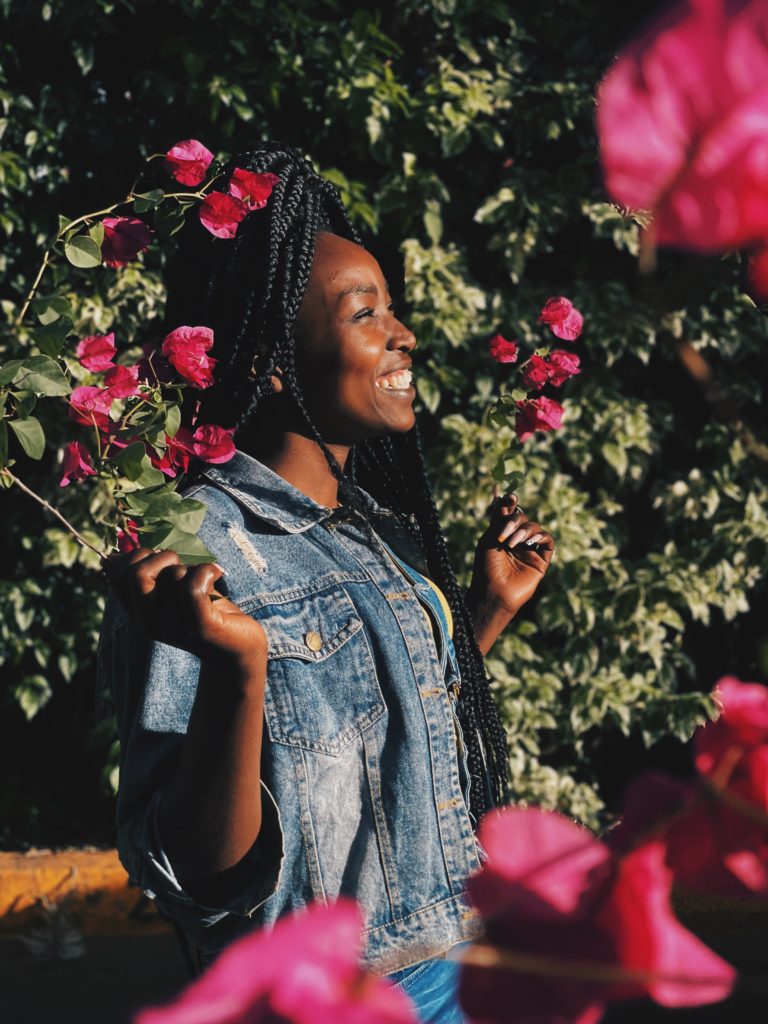
Healing sadness
I was that sad girl because of the rape and trauma that had impacted me. I felt so hopeless. I even altered my name to pretend to be someone else. I had lost trust in everyone and thought that they were going to harm me just like the perpetrator did, I knew him well too. I became extremely sad whenever I saw him or passed through the place that I was raped.
After I was abused, laughing was a distant memory. I can barely trace the days I used to smile—I forgot how. How do you find strength to laugh when your precious body has been violated as a child?
Building trust with someone you can talk to has helped to heal from the sadness. When you talk about your emotions, you create a safe space for solutions, making room for joy and laughter again. I express my sadness by writing poems that would acknowledge my emotions and encourage me to smile again—even if it takes a little longer. Healing sadness is a journey.
When survivors find joy again, they are able to dream after their dreams had been shattered by abuse. This is all I want for them. Connecting with other survivors have helped me experience joy in new ways. Survivors are going back to their communities to help other girls who are still in darkness by helping them experience joy again.
Healing fear
After trauma, survivor’s often experience moments of intense fear. They are often afraid to talk about their emotions and how they feel, they are afraid of what the future will hold, they are afraid of building trust in relationships again. For many survivors, fear is caused by threats from the perpetrator—sometimes directly, sometimes in memory.
Being in a safe space that is peaceful, comforting, and stable helps to alleviate fear so that the survivor can regain their sense of self and find their truth. When survivor’s begin to use their voices to confront their fears and speak out against sexual violence, courage deepens.
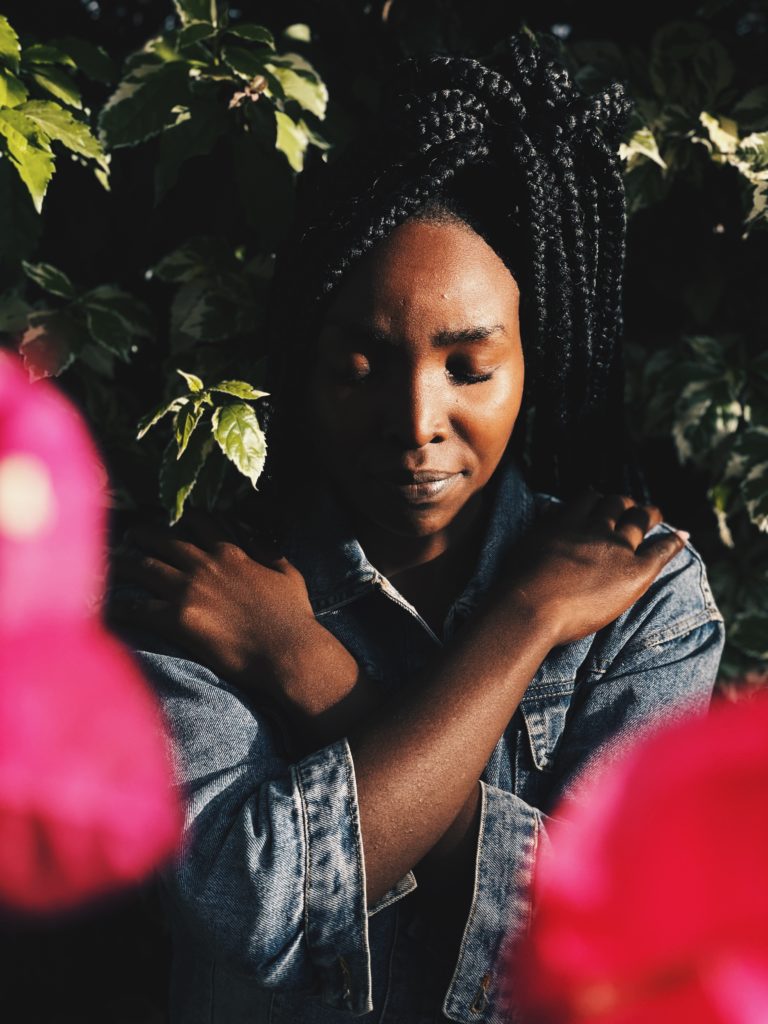
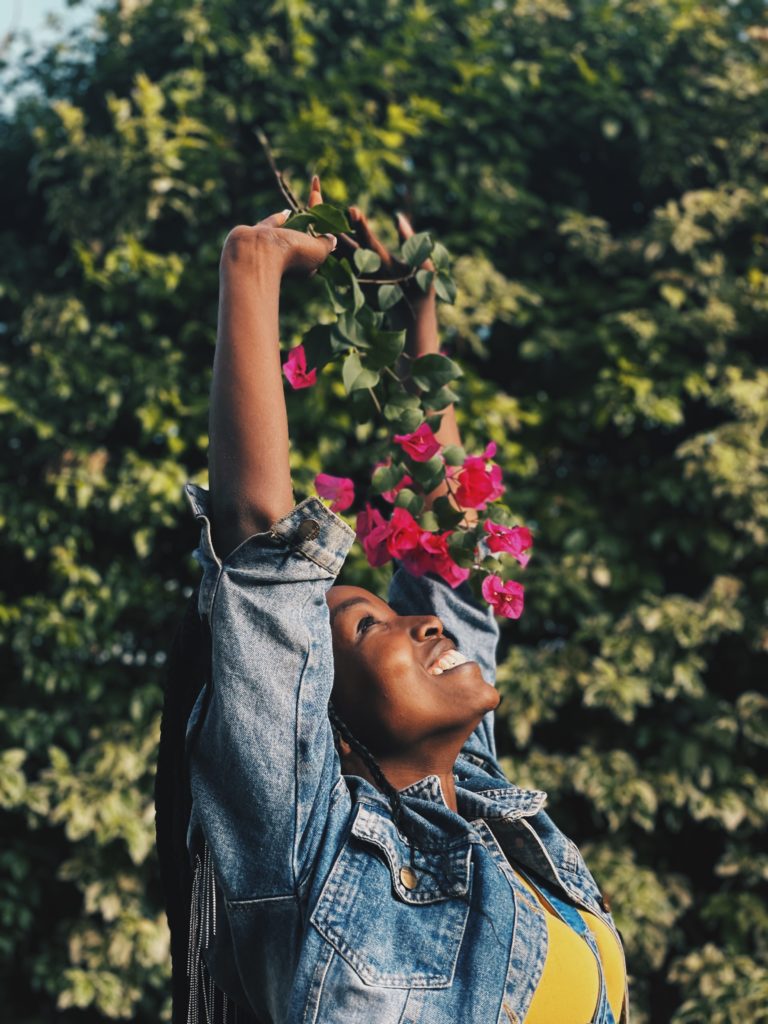
Healing Sleep
“If you tell anyone about this, I will kill you,” I heard him say, echoing throughout my body anytime I tried to close my eyes to rest. Theats like these cause sleepless nights. After I was raped, I would see people walking around our compound through the window at night. I experienced night terrors constantly, I was afraid to close my eyes. My family didn’t understand what was happening to me. That is the worst part—no one understands how real a nightmare feels unless they have been there before. People thought I was crazy and that I was going mad for seeing people haunt me through my window at night.
I wish someone understood that the nightmares and visions I was having was due to post-traumatic stress. The very real emotions were a result of the very real trauma I endured. My mind remembers and keeps trying to bring me back to the past.
Having someone to talk to about this was key to establish safety in my body. When talking to other survivor’s, I found out that I was not alone. Sleepless nights, fear of the dark, and nightmares were common experiences for survivors. I wasn’t going crazy, my body was reliving my trauma again. Other survivor’s in the Freely in Hope community gave me tactics on how I could express my emotions by talking with my therapist, writing poetry, and developing a comforting nighttime routine. Whenever I would wake up from a nightmare, I would write down my thoughts—this helped establish my poetry work.
For me, healing my sleep required me to establish safety for myself by speaking up when I was afraid, trusting others to help me feel secure, and to protect myself from harmful thoughts. Going to school is helping me achieve my real-life dreams, the nightmares of my trauma are no longer in focus.
Healing Anxiety
“Why do you always have moods? You never smile and you keep crying like a baby all the time!” My friends would ridicule me but I had no answers to those questions. I felt so bad about myself—I was always afraid, always nervous, always unable to control my emotions. This affected my performance in school and didn’t have many friends who understood my experience. One time at school, my diary was stolen and everyone knew that I was a survivor of rape. I didn’t want anyone to define me by my past, but the stigma was so great that I changed schools.
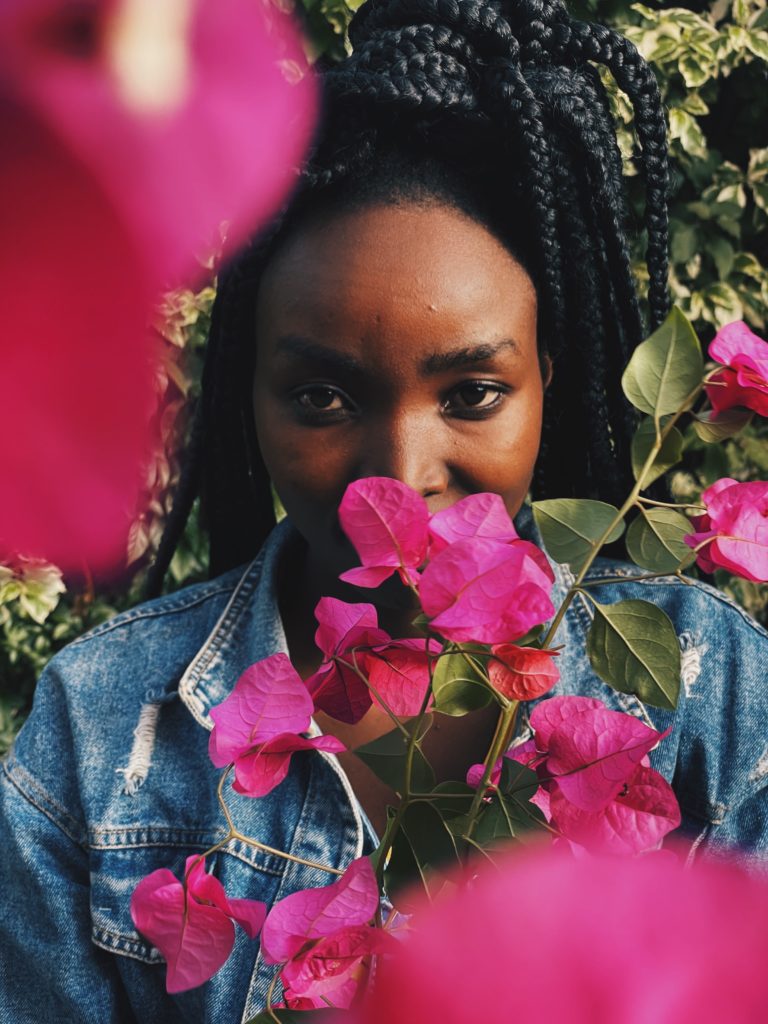
Survivors are often judged because of their anxiety. Some will avoid you because they don’t want to be associated with a moody person. People blamed me for the attack saying, “It was your fault, you could have screamed, why didn’t you run away?”
Listen to survivors and believe them. Affirm their experiences, their emotions, and their perspectives. This helps survivors regain stability and feel secure again. When other survivors at Freely in Hope identified with my story, I was able to regain my confidence, courage, and stability again—this was the starting pont of my healing journey.
Survivor’s gain stability by practicing acceptance, learning new skills, and having a creative outlet. Our anxiety isn’t telling us that something is wrong with us, but it’s our mind’s way of telling us that something in us needs attention and healing.
Try this butterfly hug exercise to center and calm yourself whenever you feel your anxiety rising. This is a helpful exercise to bring their bodies to awareness and safety. To support your mental health journey, we also have a print-out version with instructions to use for personal or organizational use. Get the download below!
Download the Butterfly Hug PDF
You have Successfully Subscribed!
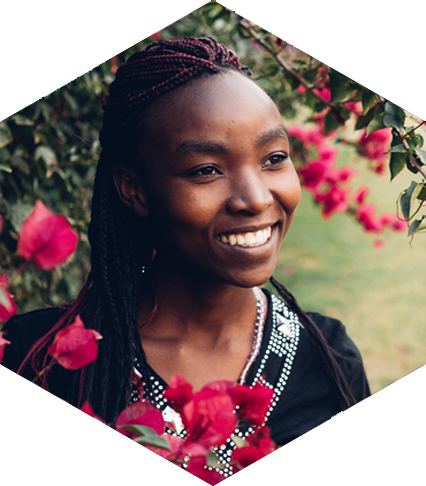
Faith, freely in hope fellow
Author
Faith is a Freely in Hope Fellow who believes that society can be transformed through sharing stories that will impact people to be better survivor-advocates. Having been trained in leadership, entrepreneurship, and storytelling, her Fellowship Practicum focuses on platforming the creative voices of survivors of sexual violence and creating content that helps Freely in Hope’s donors become better allies. Through your support, survivors of sexual violence are given opportunities to thrive in their education and leadership journey. Hope Circle members are connected, invested, and eager to support Freely in Hope scholars with the tools they need to thrive.
